Psycho
One of the finest directors ever, Alfred Hitchcock built up a formidable reputation during his career and had an oeuvre that would stand against any director from any era yet was constantly overlooked by the Academy during his life and was never honoured with a 'Best Director' Oscar. Beginning his trade in Germany, he made several films in his native Britain before moving to America where he made some of the finest films ever made, amongst them Vertigo, Rear Window and Psycho.
Regarded by many film scholars, primarily Robin Wood, as a turning point in the horror genre where the 'other' ceased to be a foreign monster or a creature from a tropical island but something that was part of the American family and reflecting something wider in society. At the time, the film was groundbreaking in more ways than one as cinemas were open so you can buy a ticket and walk into a film that was already playing. Hitchcock stipulated that, once the performance had begun, no one could be admitted into a showing of Psycho and asked the audience not to reveal what happened. The big 'shock', that the star is killed about halfway through, is now common knowledge and the scene is one of the most famous and heavily scrutinised in cinematic history.
As the opening shots inform you, the film takes place in Phoenix, Arizona beginning on Friday, December the eleventh at two forty-three p.m. Marion Crane is preparing to return to work after spending her late lunch hour in a hotel room with her lover, the divorced Sam Loomis who wants to marry Marion but can't keep up with his alimony payments thanks to a debt inherited from his father. When she gets to work, she finds that her boss is out with a client who is preparing to spend $40,000 cash on a house for his daughter's wedding present. Suffering with a headache, she asks to leave early and her boss, who doesn't want the money hanging around in the office all weekend, entrusts it to Marion to take to the bank. Seeing an opportunity to run away with Sam, she takes the money and, after packing a suitcase, begins driving from Phoenix, Arizona, to Fairvale, California.
As the journey is long and she has already spent one night sleeping in the car, Marion looks for somewhere to stay during a thunderstorm where visibility is low and checks into the Bates Motel, a small out of the way place which has seen business drop away since they moved the highway. The owner, Norman, offers to make her some tea and, tired and hungry, she accepts. Whilst he is up at the house getting the food, she hears him arguing with an old woman and brings it up in conversation. Norman tells her that it was his mother who "is not quite herself today" but he won't move or leave her because "a boy's best friend is his mother" and, besides, he keeps himself busy maintaining the cabins and with his hobby of taxidermy which "isn't as expensive as you'd think".
Though a little odd, Norman seems entirely benign which is more than can be said for his mother who Marion encounters in the famous shower scene. When her sister Lila hasn't heard from her and the money is still missing, a private investigator is hired who tracks down Marion to the Bates Motel but everything isn't as simple as they'd hoped.
Assembling a fine group of actors including Janet Leigh, Anthony Perkins, Martin Balsam, Vera Miles and John Gavin, Hitchcock directed this adaptation of Robert Bloch's pulp novel under extreme secrecy using false names. What he made has gone into cinematic history as one of the finest and most important horror films ever made - the first serial killer film and the first to be inspired by the actions of Wisconsin mass murderer Ed Gein, a deeply deranged man who everyone in the town assumed was perfectly normal.
Psycho is as perfect a horror film as you can get with a good story, a well worked screenplay by Joseph Stefano, a group of actors on top form, a superb score by Bernard Herrmann and quite exquisite editing and direction. If I only have one qualm it's the ending with the psychiatrist's explanation which could probably be left out and make the film even more disturbing - I feel you don't need that level of exposition, but that's being ultra picky.
The Disc
Extra Features
Not a great deal, just some Production Notes which are worth reading, biographies for Janet Leigh, Anthony Perkins, Martin Balsam, Vera Miles, John McIntire, John Gavin and Hitchcock. There is also the fantastic trailer, hosted by Hitch in his own unique style.
The Picture
The transfer isn't particularly great with some graining and scratches but such detritus is inevitable and it's only the extent of the damage that is an issue. Fortunately the picture quality on this version is very good and, for the most part, you don't really notice it. It helps that the film is so intelligently photographed with tremendous use of angles and editing. The scene in the parlour between Marion and Norman has no score and is just dialogue yet the tension builds as the frame gradually tightens. Some of the visual motifs are very clever, such as changing Marion's bra and handbag from white to black signifying her switch from innocence to guilt and using mirrors in the cinematic device of showing duality.
The film was shot in monochrome, unusual for the time and is in stark contrast to Michael Powell's Peeping Tom which was released the same year and probably suffered because of Psycho. The contrast levels are good though not as dark as you could get but there is no loss of definition and the picture is generally sharp.
The Sound
A very clear Dolby Digital mono soundtrack with an extraordinary score by Bernard Herrmann which must rank amongst the very best that the great man did in his career which started with Citizen Kane and included notable scores for Vertigo, The Snows of Kilimanjaro and Taxi Driver. The music really drives the film, increasing the sense of apprehension until the stunning violin-dominated section for the shower scene - music now synonymous with terror.
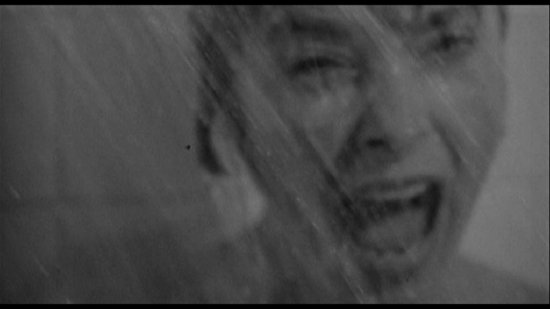
Final Thoughts
Although Vertigo is his best film and North by Northwest probably the most watchable and exciting, Psycho is my favourite of Hitchcock's films. The cast are probably now hard to separate from their roles - Anthony Perkins was an Oscar nominated actor but is now known by most for playing Norman Bates. Similarly, Janet Leigh was an accomplished actress who was Oscar nominated for Psycho and is, in many people's eyes, Marion Crane.
Psycho is one of the great horror films, a real landmark not only in the genre but in the history of cinema and a film that really deserves a better package, hopefully in high definition.
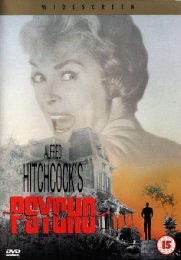
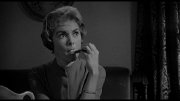
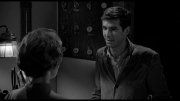
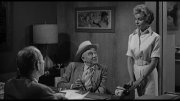
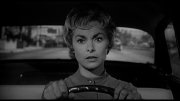
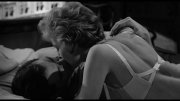
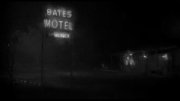
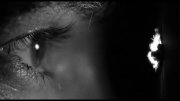
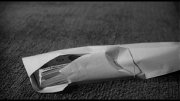
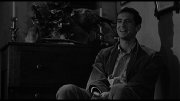
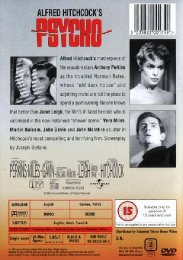
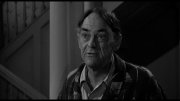
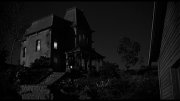
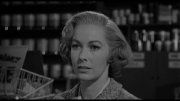
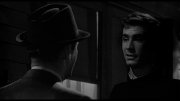
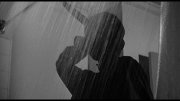
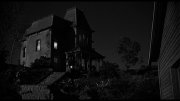
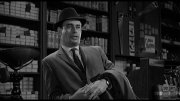
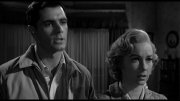




































Your Opinions and Comments
Be the first to post a comment!